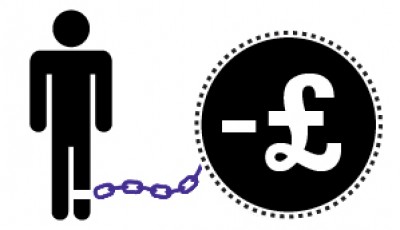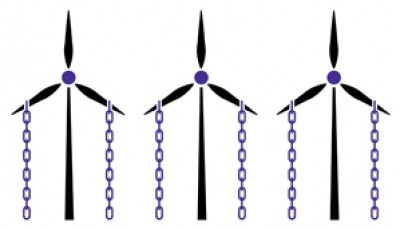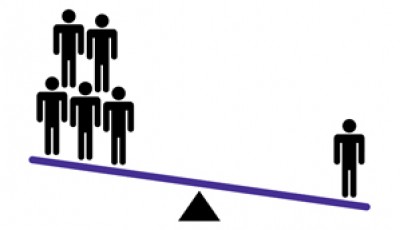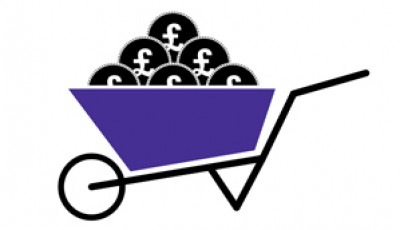We believe that the way money is created is at the root of the economic, political and environmental problems we are facing today. Ref Positive Money http://www.positivemoney.org.uk/
VIDEO: The Consequences of Letting Banks Create Money
Are banks really the powerhouse of the UK economy? Or could they be some of the most heavily-subsidised businesses in the world? What do banks really cost?
Watch Now (20M)The Consequences of Debt-Based Money...
Debt
Why is there so much debt? Because almost every pound in the economy has to be created by a bank and lent to us. There has to be as much debt as there is money, and the more we borrow, the more money there will be. It’s actually impossible for the public to reduce their total debt as long as banks are allowed to create money as debt.
Find Out WhyHouse Prices
Most of the hundreds of billions that banks created over the last decade was created to buy houses. All this money has pushed house prices through the roof, with a three-fold increase in just over 10 years. This means that any first time buyer today will need to work an extra 11 years just to have a place to live. Who benefits from high house prices? The banks…
Find Out MoreJobs & Unemployment
When banks create new money and pump it into the economy through personal loans and credit cards it causes a ‘boom’ that creates jobs. But because the boom is all fuelled by debt, sooner or later it causes the crash that results in millions losing their jobs. As long as banks control the money supply, we’ll have an unstable ‘manic depressive’ economy…
Find Out MoreHigher Taxes
Your taxes are higher because government has given the power to create money to banks. This means that the government has lost out on over £2 Trillion of revenue – and that means we’ve paid an extra £2 trillion in taxes. Paying the banks for the right to use money.
Find Out MoreBanking Vs Democracy
The TV news cameras point at Parliament, but doesn't the real power lie with the banks in the City of London? Banks distribute more money than the government, with no accountability to their customers. If we want to save our democracy then we need to reform the banks…
Find Out MoreEnvironment
The current banking system fuels environmental breakdown by forcing unsustainable economic growth. By channeling our money into short term investments aimed to sustain exponential growth the environment is reduced to an economic externality.
Find Out MoreInequality
The debt-based money system redistributes wealth from the poor to the rich, from the regions to London, and from the real economy to the financial sector.
Find Out MoreInflation
When banks make loans they create new money for those who have taken out the loan. This pushes up the prices of everything we buy and makes life more expensive.
Find Out MoreSubsidising Banks
Are banks really the powerhouse of the UK economy? Or could they be some of the most heavily-subsidised businesses in the world? What do banks really cost?
Find Out More









This comment has been removed by a blog administrator.
ReplyDelete